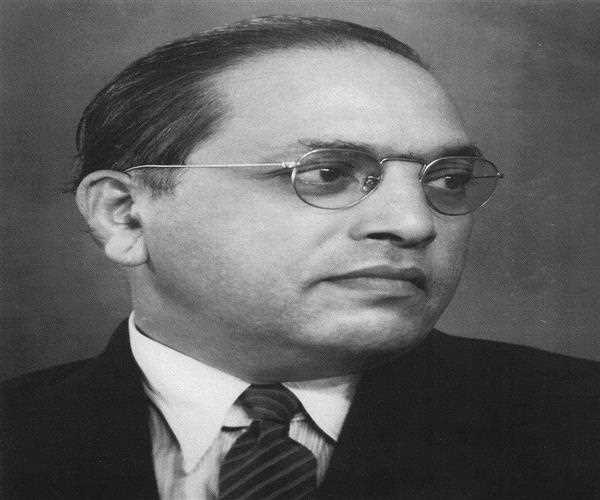Dr. Bhim Rao Ambedkar was the first law minister of India
DR. Bhim Rao Ambedkar was appointed as the first law minister of Independent India, he served the country in the governing of Prime Minister of India “Jawahar Lal Nehru”. Dr. Ambedkar’s service span in the cabinet of P. M was from 1947- 1951.

After the independence of India on 15 August 1947, it was a necessary step to constitute the law and rules for the regulation of law and justice in the country. Many nominations were invited to the assembly for the selection. Then after some time,
the name of Dr. B.B. Ambedkar was decided to draft the law and justice rules for the nation. He was appointed as the chairman of the Constitution Drafting Committee, later on, appointed to the writer India’s new constitution by the Indian Assembly.
The famous Author and politician
Granville Austin described the work of Ambedkar in the Indian Constitution as the ‘first and Foremost a social document’.
And he also said that the provisions of the Indian Constitution are either directly indicting the aim of the Social revolution
or an attempt to nourish this revolution by animating such conditions which are necessary for its achievement.
Ambedkar in his work provided a wider range of protection, guarantees, and civil liberty of constitution to the single citizen of the country. These are freedom of religion, abolishing
untouchability, and discrimination. The historian’s effort of Ambedkar was to support the backward community. Which resulted in the Scheduled cast act as a
Reservation act. He also promoted the backward community, especially women. He mentioned these all subjects in his Drafting then after the completion of drafting work, the Constitution was adopted on 26 November 1949 by the Constituent Assembly.
Ambedkar showed the opposing nature in the concern to article 370 which provides the special provisions to the state of Jammu & Kashmir. In this way he completed this iron journey of the Indian constitution and on
6 December 1956 he died in Delhi, as he has been suffering from Diabetes since
1948, this commemorated the final submission of his work’ final Manuscript ‘The Buddha and his Dhamma.